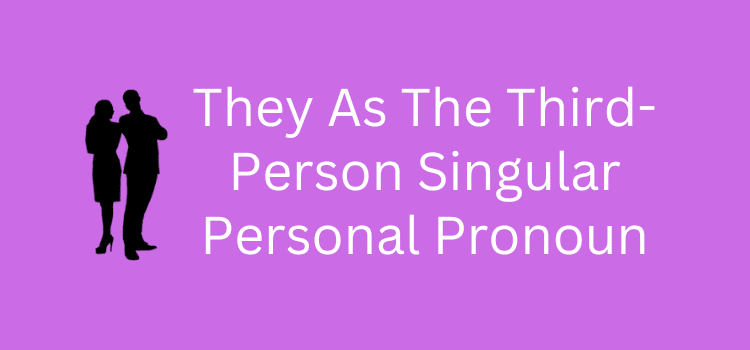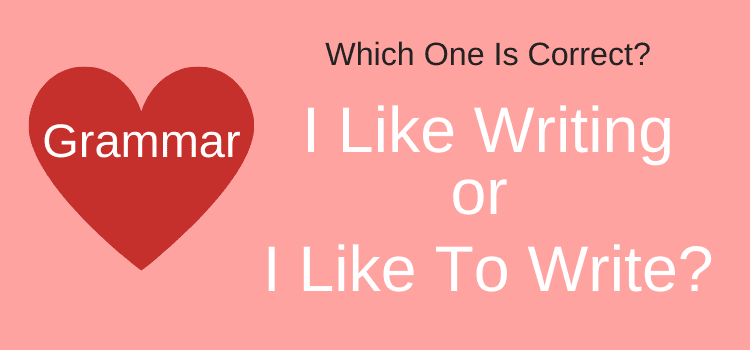
There is a simple way to make sure you are using neither nor clauses correctly every time.
All you need to do is remember that the first letter in each word starts with an N for not.
In other words, these two words are always negative. The positive form is either-or.
We use neither and nor when we have two negatives that agree with each other. We use either and or when two positives agree or when we have a choice of two things. It’s that simple.
How to use neither and nor
Let’s use the example in the top image in this article with the dog, cat, and bird.
The bird is able to fly. The cat is not able to fly. The dog is not able to fly.
Because we have two negatives with not that agree, we can join each prepositional phrase together.
Neither the cat nor the dog is able to fly.
When you use two negative clauses that agree, it is simple to get it right. But notice that this form doesn’t use a comma.
Neither my son nor my daughter likes Brussels sprouts.
It was neither the economy nor my staff that caused my business to fail.
There is neither a problem with your hardware nor with your software.
Neither Jane nor Mary likes red wine.
Neither here nor there.
Is neither singular or plural?
It can be both.
You can use it with a singular or plural verb.
But be careful when you have a singular and a plural clause to join together in the same sentence.
When using neither nor, your subject-verb agreement must be correct for singular nouns and plural nouns.
Neither the coach nor the players are available for an interview.
Neither the players nor the coach is available for an interview.
Neither the man nor the women seem happy.
Neither the women nor the man seems happy.
Neither the apples nor the melon looks fresh.
Neither the melon nor the apples look fresh.
All you need to remember to do is check the noun before the verb and make sure the verb then agrees in singular or plural form.
If the noun or pronoun in the nor clause is a singular subject, the verb is singular.
If it’s a plural noun, then it takes a plural verb.
Also, be careful to check the form of the verb with collective nouns. These can use singular or plural, depending on whether you write in US or UK English.
Using neither without nor
You can use neither without using nor to say that there were two objects or people but without referring to the two directly.
However, note that you need to use the singular in most instances.
Neither parent bothered to go to the school concert. (Not the mother nor the father.)
Neither dress suited her. (She tried two dresses.)
Neither of us went to the airport to see him off. (Me and someone else.)
I met some old friends yesterday. But neither had time for a drink. (There were only two old friends.)
Using neither with and
Because neither is negative, it can agree with another negative clause. To join the two clauses, we use and.
I didn’t bring an umbrella, and neither did my sister. We both got soaking wet.
Mike hadn’t thought about going to the concert, and neither had his wife.
Rudy wasn’t well today, and neither was his brother.
Carol didn’t like the movie, and neither did I.
Nor with a comma
You can also use nor without neither, but it always uses a comma.
We didn’t visit the museum nor the art gallery.
I don’t drink alcohol, nor do I smoke.
John wasn’t affected by the stock market crash, nor did it have an effect on his business.
There’s nothing wrong with your heart, nor with your blood pressure.
In a conversation for agreement
We can use neither and nor when we want to say that we agree with someone when they say something negative. Look at these examples using neither + auxiliary verb + subject.
Susan: I’m not hungry.
Rachel. Neither am I.
Susan: I don’t feel like pizza tonight.
Rachel: Neither do I.
Susan: I haven’t had my dinner yet.
Rachel: Nor have I.
With an object pronoun, you don’t need a verb. But notice how the word order changes with neither and nor.
Susan: I don’t like summer. It’s too hot.
Rachel: Me neither.
Susan: I have never been to London.
Rachel: Nor me.
Susan: I don’t want to go to work today.
Rachel: Me neither.
Negating either to replace neither
Because neither is negative, you can alternatively make either negative to write a similar sentence.
I didn’t pack a toothbrush, and my sister didn’t either.
Craig hadn’t bothered to book tickets, and his friend hadn’t either.
I don’t eat meat, and I don’t eat fish either.
The party wasn’t much fun, and the food wasn’t good either.
Errors are easy to find and fix
When you check your usage, it is very easy to find your mistakes.
Never use neither with or.
Never use either with nor.
Neither David or his brother like football. Incorrect
Neither David nor his brother like football. Correct negative agreement
Either you choose this phone nor that one. Incorrect
Either you choose this phone or that one. Correct positive agreement
It’s that simple. Always make sure that you have negative – negative or positive – positive agreement, and you will always be correct.
Related reading: What’s the difference between further vs farther?
Summary
The English language has many little grammar points that can cause confusion, even for native English speakers.
The easiest way to remember this point is that neither and nor are buddies.
If you remember that both neither and nor are always negative and indicate not, you will be fine.
They are like never and nothing. These are words that are negative by starting with N, and they mean not ever or not one thing.
In all negative agreement forms, you are saying it is not this one, and it is not that one.
But when you use either or, both are positive and you are indicating a choice. You can have this one, or you can have that one.
Now, you will neither make a mistake nor make an error with these two words.
Related reading: People Or Persons And Peoples – How To Get Them Right




Hello Derek,
Thank you so much for these helpful explanations!
I do have one question; should the word “like” actually be “likes” in your example sentence: “Neither my son nor my daughter like Brussel sprouts.” to match the guideline you said “check the noun before the verb and make sure the verb then agrees in singular or plural form.”, right? I am confused on this point.
Thank you for your consideration.
You’re right, Al. It should be, likes. I have made a correction in the article.
But when I checked again, it is a problematic point. Some references I found use a plural verb. However, I think this might be a US vs UK English issue.
Thank you, Harmony!